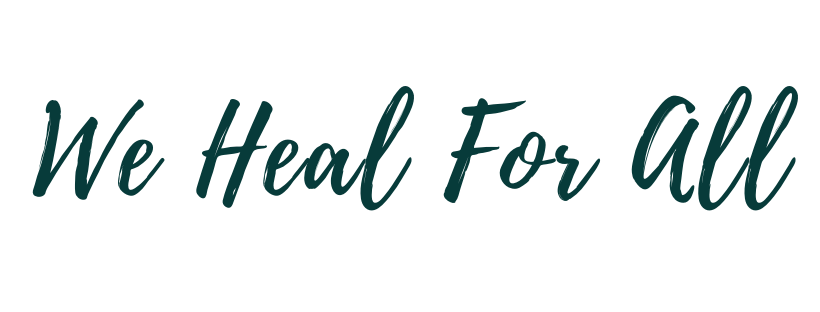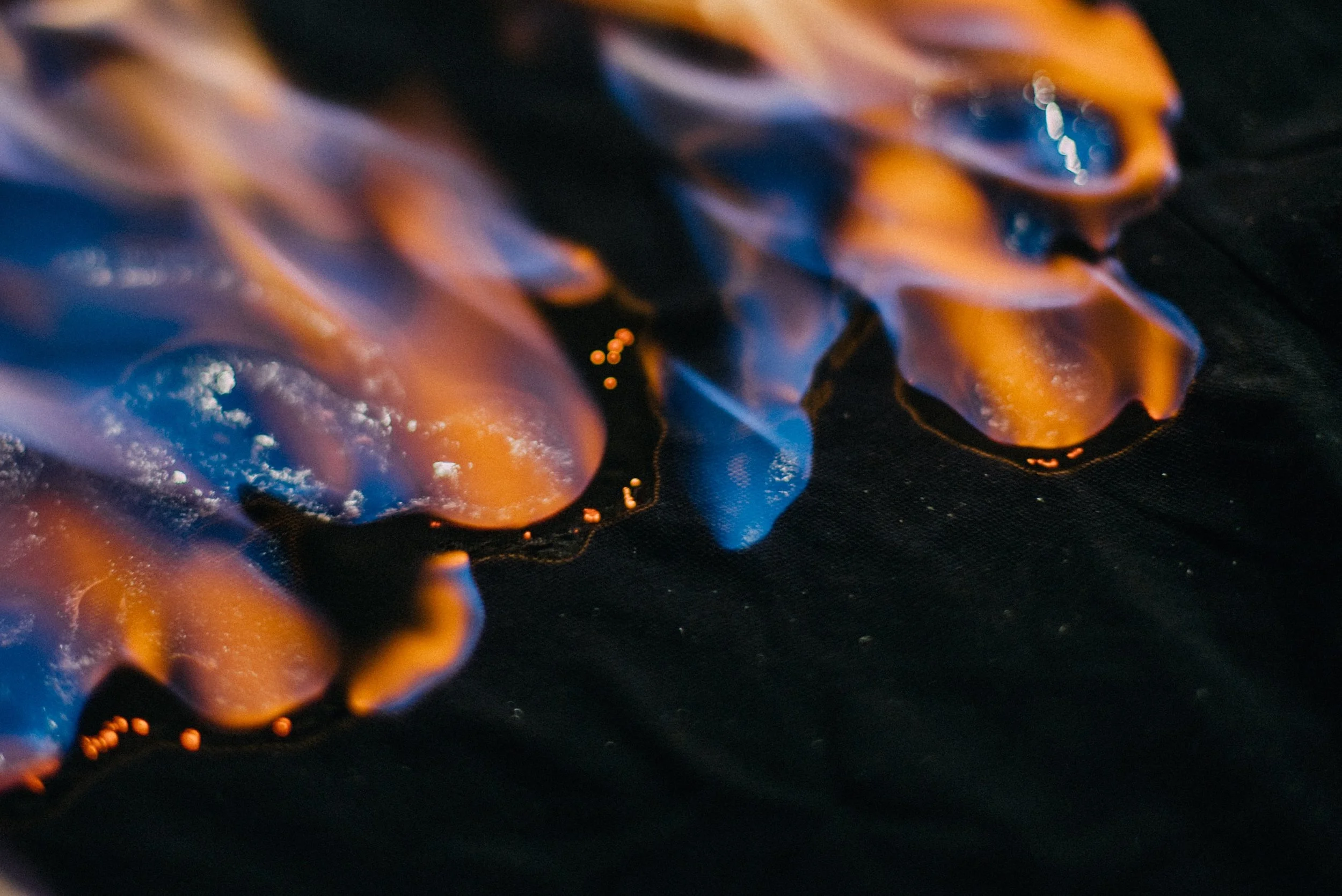Healing and transformation: Catalysts for change—for us and the collective
Transformation… what comes to mind?
When you think about something being in a process of transformation, what comes to mind?
Maybe you see something metamorphisizing over a period of time. I get this image of a caterpillar’s body, scrunched up and buried in its cocoon, changing shape at the cellular level as it forms wings and legs and antennas.
Or maybe you see something bigger, wider and more complicated changing over a vast landscape within society, like the digital revolution. Technology evolving from being clunky analog devices reserved only for science labs into sleek, highly interconnected smart phones that live in everyone’s pockets.
Or maybe you think about your own life and times when you went through radical change. You totally reinvented your career after having an ah-hah moment about your life’s calling. Or you hit a wall and were able to push through limiting beliefs about what’s possible in order to bring your full self into your daily life in new, more authentic ways.
Transformation is about change—the deep kind
Whatever came to mind, at its core, transformation is about change, the deep and fundamental kind. The kind that happens at the structural level of something, so that what that thing looked like at firs is very different from how it ends up.
Transformation can happen in many ways and in many different contexts—physically, mentally, emotionally, spiritually, and within society. It is often uncomfortable and filled with disruption and resistance. But it ultimately leads to greater growth. A maturation and evolution process that unlocks someone or something’s full potential.
Transformation’s invitation to us
There’s also something invitational about transformation to me. Like it’s an opportunity that’s available to us out there. That we can transform, and that the things around us can transform too. And I also feel somewhat of a promise within it—not only can things transform but there is the promise that they will. Change is inevitable, especially the transformational kind.
So the question that arises for me is: what helps support a transformational process to reach its full potential? Whether it is transformation at a personal level to gain more inner peace, or at the collective level to reach new sustainability or social justice heights.
Healing, I believe, offers us answers to this.
Transformation and healing go hand-in-hand
One of the hallmark traits of healing is that it does more than just address a symptom or fix a problem. Instead, healing gets at the heart of why a wound exists in the first place. A healing process happens within the deeper layers of someone’s mind and heart, so that stuck old patterns shift or painful, heavy energy is transmuted.
Whether we are talking about childhood trauma, spiritual disconnection, or a collectively-shared wound within society, healing work looks underneath the hood of the car, so to speak, to care for and explore issues at deeper, more fundamental levels. Healing is not merely about changing a behavior or shifting a mindset, it is about facing scary wounds and working with uncomfortable growth edges to transform things from the inside-out.
Let’s face it—transformation is uncomfortable
Transformation lies at the heart of our human experience and is always preceded by discomfort: a contraction before release, restriction before liberation, heartache before healing. There is a reciprocal relationship between suffering and transformation, and the key to unlocking that relationship is healing.
Healing helps us work with the uncomfortable feelings that come with transformation. Instead of getting overwhelmed by the contraction or collapsing due to the heartache, healing gives us the tools and space we need to support the transformational process we are in. We can come to know the innate spiritual purpose of our suffering if we provide ourselves the time, space and support to unlock its potential.
Plus, the fields of clinical psychology and neuroscience provide us with more and more evidence that the presence of challenging, uncomfortable feelings means that we have an opportunity to heal and, ultimately, transform. We just need the right support to do so.
Healing work transforms what is ready to evolve
Healing often helps someone transform the parts of themselves that are ready to evolve. In this way, healing is a catalyst for evolution and transformation. It catalyzes growth and change by helping the parts of a person that are ready to evolve to do so.
Beautiful new capacities and insights are born from healing work. By going through a transformational healing process, we move closer to being our true self by reclaiming parts of us that were exiled, helping parts of us that are lost, and actualizing the parts of us that are ready to grow.
Nothing in life or in history has ever changed because it was comfortable and working well. No, instead real change comes from discomfort that gets us to move, and signals that we are not meeting our full potential. The pain of wounds within a healing crisis motivates someone or something to change and evolve.
The present moment we are in as a collective is full of transformation
We live in a time of massive change as a collective. The systems we are part of—the economic, political, social, environmental—and the culture that holds them together are in a process of transformation addressing things like the climate crisis, political polarization, social justice and human rights issues, and more.
As change makers, helpers, and healers, we not only see the changes that are going on in the world, but we also *feel* them. To be of service to this time of change requires us to have a relationship with the world’s pain.
Many see the world’s pain as a hindrance to this time of transformation, but, as we just explored, healing can be used to work with wounds and challenging energy to help this time of collective transformation reach its full potential.
Which is why I feel called towards collective healing.
Join me in unpacking what it means to collectively heal during this time of transformation. Subscribe to my Substack or follow me on Instagram or Facebook and send me a message to say hi.
Look out for my upcoming book! Collective healing for our complex times: How to be in relationship with the world’s pain.
Hi, I’m Liz Moyer Benferhat. Writer, facilitator, coach, and development practitioner dedicated to the subtle interplay between how inner transformation feeds the outer transformation we need in the world. Welcome 🌿




